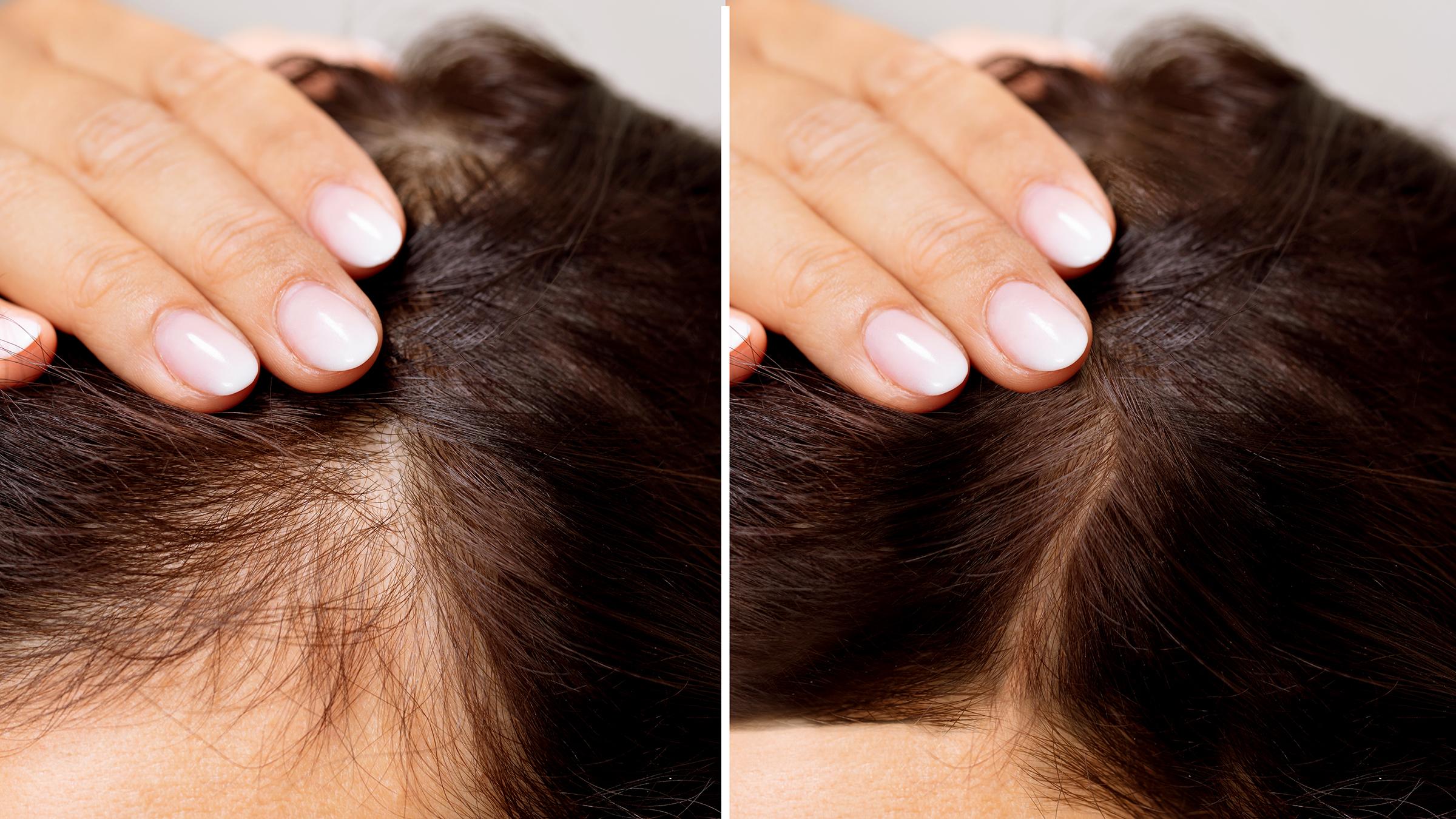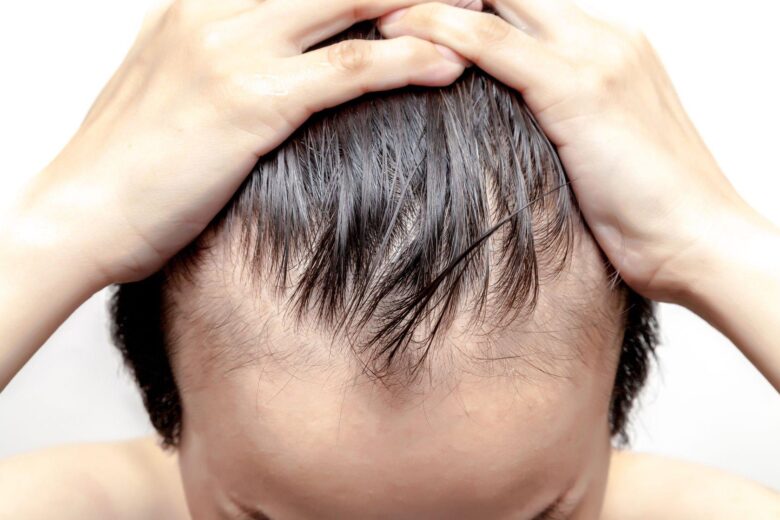
How to Reverse Hair Loss in Men Over 40
Hair loss can be a distressing issue for men, especially as they reach their 40s. This period often brings significant changes, including hormonal shifts that may exacerbate thinning hair. If you’re seeking ways to reverse hair loss, you’ve come to the right place. In this comprehensive guide, we’ll explore effective methods to combat hair loss, discuss the underlying causes, and offer practical tips that can support your hair health.
Understanding Hair Loss in Men Over 40
Before diving into solutions, it’s important to understand the common causes of hair loss in men over 40:
- Genetics: Male pattern baldness is often hereditary and can influence hair loss from as early as your 20s.
- Hormonal Changes: Changes in testosterone levels as men age can lead to hair thinning.
- Stress: Chronic stress may contribute to hair loss, as it can disrupt the hair growth cycle.
- Diet: Poor nutrition lacks essential vitamins and minerals, which are crucial for healthy hair.
- Medical Conditions: Certain health issues like thyroid disorders can lead to hair thinning.
Effective Strategies to Reverse Hair Loss
Now that we’ve discussed potential causes, let’s explore effective strategies to help reverse hair loss:
1. Consult a Professional
Before starting any treatment, it’s essential to consult a dermatologist or a trichologist. They can help diagnose the underlying cause and suggest appropriate treatments.
2. Medical Treatments
The following treatments have gained popularity for reversing hair loss:
- Minoxidil (Rogaine): Available over the counter, this topical treatment can help promote hair regrowth.
- Finasteride (Propecia): This prescription medication can prevent hair loss and encourage regrowth by inhibiting the hormone responsible for shrinking hair follicles.
3. Nutritional Support
Incorporating a balanced diet rich in vitamins and minerals can significantly impact hair health. Consider the following nutrients:
| Nutrient | Sources |
|---|---|
| Biotin | Eggs, nuts, whole grains |
| Vitamin D | Fatty fish, fortified foods |
| Iron | Red meat, spinach, lentils |
| Omega-3 Fatty Acids | Fish, flaxseed, walnuts |
4. Lifestyle Changes
Making some lifestyle adjustments can help combat hair loss effectively:
- Reduce Stress: Engage in relaxation techniques such as yoga and meditation.
- Quit Smoking: Smoking can contribute to hair loss and poor blood circulation.
- Avoid Harsh Treatments: Minimize the use of heat styling tools and harsh chemicals that can damage hair.
5. Natural Remedies
Some natural remedies may also promote hair growth:
- Essential Oils: Rosemary and peppermint oils can stimulate hair follicles.
- Aloe Vera: Known for its soothing properties, it can improve scalp health.
- Pumpkin Seed Oil: Studies suggest it may enhance hair growth due to its rich nutrient profile.
Practical Tips for Hair Health
Here are some practical tips to maintain hair health:
- Stay hydrated by drinking sufficient water.
- Limit your hair wash to 2-3 times weekly to retain natural oils.
- Consider gentle hair care products that are free from sulfates and parabens.
- Incorporate scalp massages into your routine to boost circulation.
Case Studies: Success Stories in Hair Regrowth
Success Story 1: Mark’s Journey
Mark, 45, struggled with thinning hair due to genetic factors. After consulting with a dermatologist, he started using minoxidil and incorporated a protein-rich diet. Within six months, he noticed significant regrowth and restoration of his confidence.
Success Story 2: Tom’s Transformation
Tom, 50, faced hair loss exacerbated by stress. By introducing daily meditation, yoga, and switching to a healthier diet, he managed to minimize hair fall and even stimulated some regrowth through consistent scalp massages and natural oils.
Conclusion
Reversing hair loss in men over 40 is achievable with the right approach. While genetics can play a major role, combining medical treatments, dietary improvements, and lifestyle changes can make a substantial difference. Remember, it’s crucial to be patient and persistent in your efforts, as hair regrowth can take time. By adopting a holistic approach to your hair health, you can reclaim your confidence and achieve a fuller head of hair.










